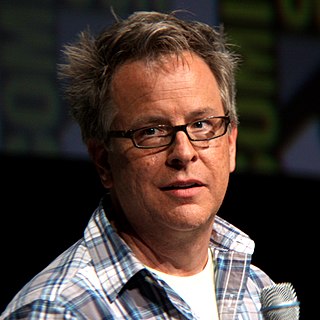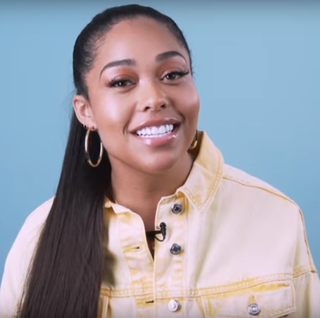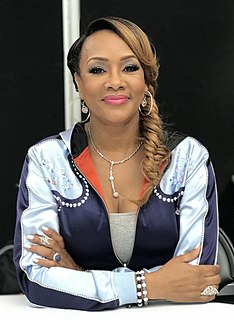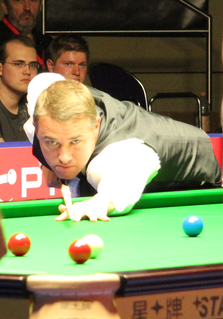A Quote by Zephyr Teachout
When I was in college in the late 80s-early 90s, there was a sense that history was on a straight path toward democracy everywhere. Well, that's not true. It was also not true that there's a single era of oligarchy, because we showed we could do something about it.
Related Quotes
The hip-hop that I really connected with was Public Enemy, KRS-One, Ice Cube, and N.W.A. That late '80s and early '90s era. The beginning of gangster rap and the beginning of politically conscious rap. I had a very immature, adolescent feeling of, "Wow, I can really connect with these people through the stories they're telling in this music."
We all grew up in that era. I'm a little younger than these guys [Will Forte and John Solomon], but I would say all of us are huge fans of the original "MacGyver" series, and obviously we found that inspiration for the original pitch for MacGruber. We took his name and made it stupid. In terms of the inspiration for the movie, that really came from our love for late '80s/early '90s action movies - the whole "Lethal Weapon" series and "Rambo" and "Die Hard," every single [Arnold] Schwarzenegger and [Sylvester] Stallone film.
It's only when it's smoothed out by history and we try to make sense of it - this incredibly complicated period when everyone's doing something different every day - that we look for those stylistic similarities and we say, "Well, that's what that was about," and sort of forget all the other nuance. I definitely feel that that's true for this time in my community of artists, and I'm sure that it was true at other times too.
Um, 'Soul Food'... Another wonderful little movie that could. Here's a film that, I think our budget was maybe $6 million. We shot it in Chicago in six weeks. I was so proud of the film, because it showed America that an African-American film about family could sell, could do well, could cross over and have true meaning.



































